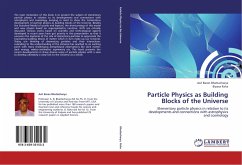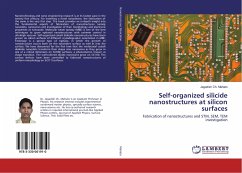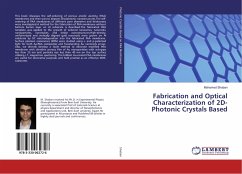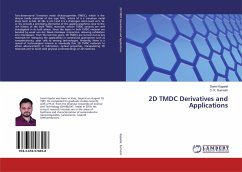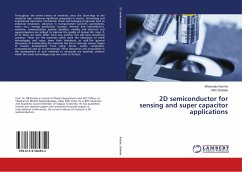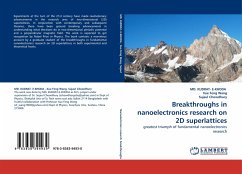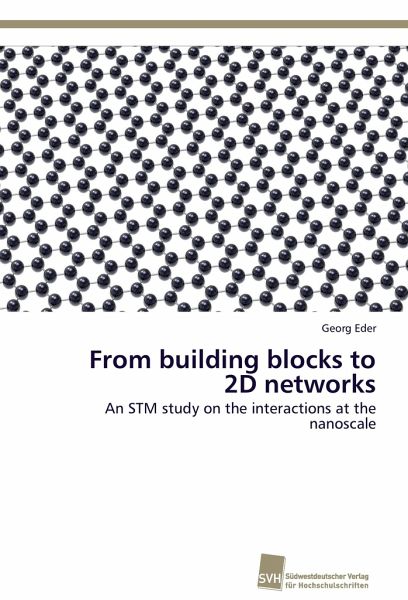
From building blocks to 2D networks
An STM study on the interactions at the nanoscale
Versandkostenfrei!
Versandfertig in 6-10 Tagen
46,99 €
inkl. MwSt.

PAYBACK Punkte
23 °P sammeln!
The aim of this work was to improve the understanding of the important parameters in the formation process of 2D nanostructures (e.g. self-assembled structures, metal-organic frameworks, covalent organic frameworks) and, therefore, pioneer for novel applications. 2D nanostructures are composed of specially designed building blocks - organic molecules that are functionalized either with carboxylic groups, halogens, or thiols groups. These building blocks are able to form true 2D nanostructures by adsorption on various surfaces (e.g. graphite, metals). Their properties and chemical reactions dur...
The aim of this work was to improve the understanding of the important parameters in the formation process of 2D nanostructures (e.g. self-assembled structures, metal-organic frameworks, covalent organic frameworks) and, therefore, pioneer for novel applications. 2D nanostructures are composed of specially designed building blocks - organic molecules that are functionalized either with carboxylic groups, halogens, or thiols groups. These building blocks are able to form true 2D nanostructures by adsorption on various surfaces (e.g. graphite, metals). Their properties and chemical reactions during the formation process have been investigated by scanning tunneling microscopy (STM) under ultra-high vacuum conditions as well as under ambient conditions. Complementary surface analysis techniques such as low-energy electron di raction, X-Ray photo-emission spectroscopy, and Raman spectroscopy were used when necessary to characterize these novel molecular networks.



